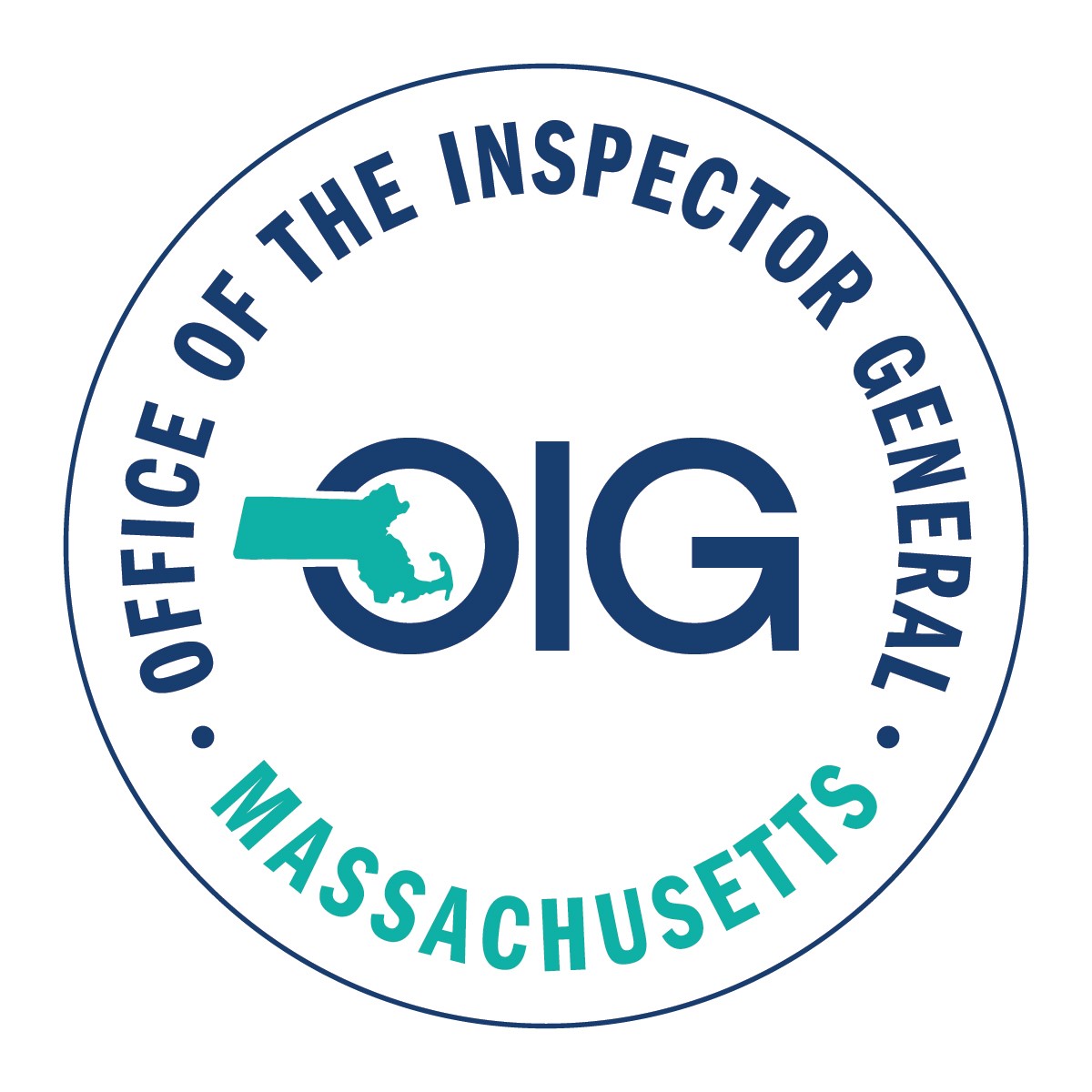- Office of the Inspector General
Media Contact
Carrie Kimball, Communications Officer
Boston, MA — Inspector General Jeffrey S. Shapiro outlined his reasons for calling for the appointment of a receiver to manage the Cannabis Control Commission before the end of the legislative session in testimony before an informational hearing convened by the House Members of the Joint Committee on Cannabis Policy today.
“As I have said publicly and repeatedly, this is not about specific individuals. It is about a statute (Chapter 55 of the Acts of 2017) that is inconsistent because it assigns the same authority to two positions – the Chair and the Executive Director,” Shapiro said. “Thus, without any change to the statute, I believe, the next leaders – Chairs, Commissioners, Executive Directors, may not have any greater success.”
Shapiro explained that his hand was forced when the Commission changed the day-to-day responsibilities of the acting executive director at its June meeting.
“I strongly believe that this action demonstrates that the agency lacks clear lines of authority. In essence, removing this authority moves the day-to-day decision making to the Commission, contrary to statutory language otherwise,” Shapiro said. “Given that only the Legislature can fix the problem with the statute, I believe it timely for the Legislature to act before the formal legislative session ends on July 31st.”
Shapiro further explained that the receiver is a temporary solution until the Legislature can conduct a “focused and deliberative revisioning” of the roles of the Chair, the Commissioners, and the Executive Director in the early part of the next session.
“The OIG has received complaints about the length of time the Commission takes to process registration applications, investigations and enforcement actions,” Shapiro said. He expressed concern that the time the Commission spends on governance issues detracts from their focus on the industry, causing uncertainty and thus hampering the industry’s potential.
“This industry was designed, in part, to assist communities and individuals that were disproportionately negatively impacted by past actions regarding the application of drug laws, the criminal justice system, lack of economic opportunity and empowerment,” Shapiro said. “These issues and others were at the forefront of what the newly emerging cannabis industry was designed to confront and address. While progress is being made, the ongoing issues impede the Commission from carrying out its stated mission.”
“The industry needs the attention of the Commission and the professional leadership and not a furtherance of the issues that have been a hallmark of the Commission, nearly since inception. That is not to say that the Commission is not performing and has not done any good work. But without stability and ultimately corrective structural changes, the Commission will have trouble reaching its highest potential,” Shapiro said.
Shapiro also expressed concern about the amount of time and money the Commission has spent on a mediator that was hired in April 2022 to assist with a governance charter. Since then, there has been significant turnover among the Commissioners and the professional staff.
“I cannot say that a mediation contract is so uncommon as itself to raise concerns. But the length of time and resources devoted to mediation and the governance charter raise questions,” Shapiro said. “Regardless of what revenue the agency brings in or what the size of its annual operating budget may be, it is fair to ask if $160,000 and at least 16 meetings, which were conducted out of public view, is an appropriate use of public funds.”
Finally, Shapiro explained that his review and recommendations fall within the broad mandate of the Inspector General, under Massachusetts General Law Chapter 12A, to “act to prevent and detect fraud, waste and abuse in the expenditure of public funds ….”
Further, to carry out this mandate, Chapter 12A instructs the Inspector General to “... review legislation and regulations relating to programs and operations described in said section seven and shall make recommendations concerning the effect of such legislation or regulation on the prevention and detection of fraud, waste and abuse. [And the Inspector General] may recommend policies which will assist in the prevention or detection of fraud, waste and abuse.”
